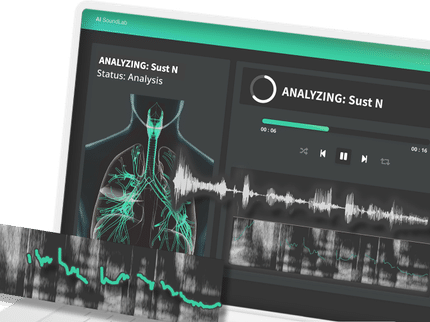Metamark Genetics Partners with Definiens on Tissue-Based Cancer Diagnostics
Metamark Genetics, a privately-held oncology molecular diagnostic company, and Definiens announced a development and commercialization partnership in which Metamark will combine its proprietary multiplex protein detection platform with image analysis technology developed jointly with Definiens to deliver innovative prognostic and predictive assays for early-stage cancers.
Metamark's quantitative diagnostic approach can identify and account for small regions of molecularly aggressive cancer cells within an otherwise indolent tumor. The company is developing a portfolio of prognostic and predictive assays with the ability to address the "heterogeneous" nature of tumors not only between one patient and the next, but also within an individual patient's tumor.
Definiens has made ground-breaking achievements in the field of biomarker development based on its highly robust and scalable image analysis framework that enables scientists and clinicians to rapidly extract comprehensive biomarker and morphology expression profiles and to identify a relevant subset of descriptors by correlating them against patient outcomes.
Most read news
Other news from the department business & finance

Get the analytics and lab tech industry in your inbox
From now on, don't miss a thing: Our newsletter for analytics and lab technology brings you up to date every Tuesday. The latest industry news, product highlights and innovations - compact and easy to understand in your inbox. Researched by us so you don't have to.
Most read news
More news from our other portals
See the theme worlds for related content
Topic world Diagnostics
Diagnostics is at the heart of modern medicine and forms a crucial interface between research and patient care in the biotech and pharmaceutical industries. It not only enables early detection and monitoring of disease, but also plays a central role in individualized medicine by enabling targeted therapies based on an individual's genetic and molecular signature.

Topic world Diagnostics
Diagnostics is at the heart of modern medicine and forms a crucial interface between research and patient care in the biotech and pharmaceutical industries. It not only enables early detection and monitoring of disease, but also plays a central role in individualized medicine by enabling targeted therapies based on an individual's genetic and molecular signature.
























































